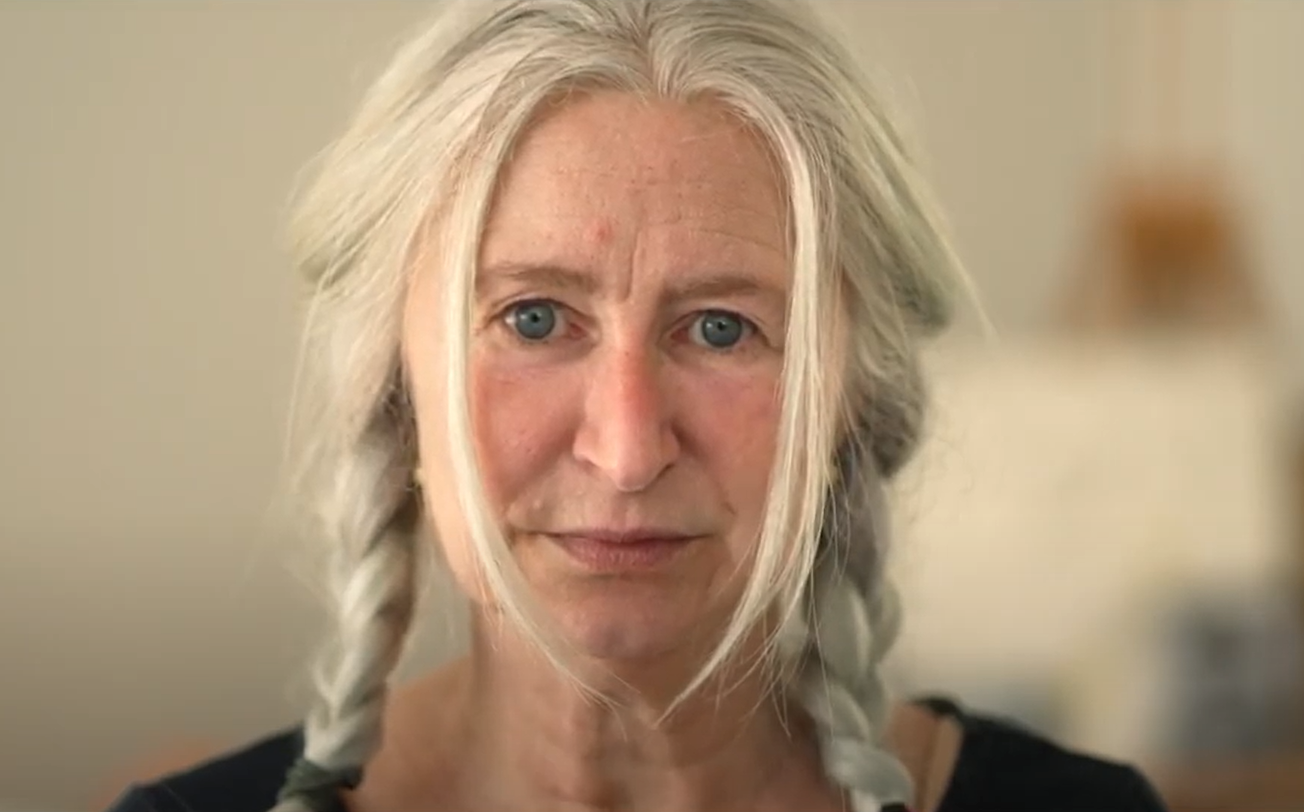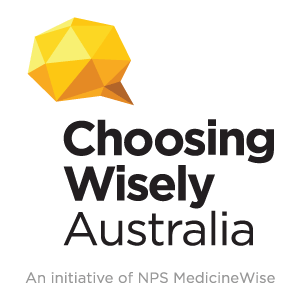Key points
- Non-pharmacological interventions are recommended as first-line management of changed behaviour in dementia, and should be continued even if a medicine is trialled.
- Health professionals are encouraged to be guided by a person's background, likes and dislikes, culture and life experiences to choose appropriate non-pharmacological interventions.
- When antipsychotic medicines and benzodiazepines are used, review early and often for the emergence of adverse effects.
- Antipsychotic medicines should only be used in severe cases of changed behaviour where non-pharmacological interventions have failed.
- Consider ceasing an antipsychotic medicine if the targeted behaviour has not improved after 1–2 weeks, or if the person has been taking the medicine for at least 12 weeks.
Language
Guidelines use the term ‘behavioural and psychological symptoms of dementia' (BPSD), but peak bodies such as Dementia Australia prefer terms such as 'expressions of unmet need' or 'changed behaviours'. We have adopted similar language in our newer resources to support these groups in moving towards a more person-centred terminology.
Focus on aged care facilities

A video series for health professionals working in the residential aged care sector, featuring Professor Lynn Chenoweth.
Living with dementia: An insight for health professionals and carers

Theresa Flavin, who has been diagnosed with dementia, shares her story and provides a unique insight into living with dementia and the impact of psychotropic medicines.
NPS MedicineWise podcasts

Dementia and changed behaviours: a person-centred approach
Dr Anna Samecki talks with accredited pharmacist Kara Joyce, who has been overseeing the new NPS MedicineWise program on Dementia and changed behaviours: a person-centred approach.
They discuss the main issues facing aged care, specifically from a dementia and changed behaviours perspective, the impact of COVID-19 on this space, the importance of person-centred care, and what resources are available for health professionals to support consumers, their families and carers.
A lived experience of dementia and changed behaviours
Dr Anna Samecki talks with Theresa Flavin, who has been living with dementia for many years. Theresa gives a powerful insight into how it feels being on ‘the other side’ and offers a unique patient perspective on dementia and changed behaviour care.
Medicinewise News: A portrait of dementia and changed behaviours

Changed behaviours in people with dementia present unique challenges for the individual, their family and carers, GPs and other health professionals.
Dr Troye Wallett, a GP with a specific interest in working with older Australians, has provided a real-life example to highlight some critical issues in caring for a person with dementia experiencing changed behaviours.
Dementia and changed behaviours: supporting the person at the centre

Person-centred care for people with changed behaviours relies on comprehensive assessment and a multidisciplinary approach that includes the person and their carers.
Health professionals’ guide to person-centred dementia care

We have collected external guidelines and resources that may help health professionals in caring for people with dementia experiencing changed behaviours.
These cover topics including identifying and understanding why changed behaviours present, person-centred approaches to help with these behaviours, safe prescribing and deprescribing of antipsychotics, and information about consent and rights of the individual, their family and carers.
Reviewing and tapering antipsychotic medicines for changed behaviour
A tool to facilitate multidisciplinary review of antipsychotic medicines prescribed for patients experiencing changed behaviour, including advice on how and when to taper.
Reviewing and tapering antipsychotic medicines for changed behaviour
Date published : 9 September 2022
Australian Prescriber articles

Managing behavioural and psychological symptoms in dementia
Stephen Macfarlane, Daniel O’Connor
Aust Prescr 2016;39:123–5
Behavioural and psychological symptoms should be managed without drugs whenever possible. Although there is little evidence to support their use, antipsychotic drugs are often prescribed to people with dementia.
Combination psychotropic medicine use in older adults and risk of hip fracture
Kerrie Westaway, Natalie Blacker, Russell Shute, Rosemary Allin, Zain Elgebaly, Oliver Frank, Nicole Pratt, Elizabeth Roughead
Aust Prescr 2019;42:93–6
Falls typically result from multiple interacting factors. The more factors present, the more likely the person is to fall.
Stopping and switching antipsychotic drugs
Nicholas Keks, Darren Schwartz, Judy Hope
Aust Prescr 2019;42:152–7
While antipsychotics are often needed long term, there are circumstances when clinicians, patients and families should reconsider the benefits versus the harms of continuing treatment. Care is needed to avoid psychosis during the changeover.
Choosing Wisely Australia

Choosing Wisely Australia is an initiative that brings the community together to improve the quality of healthcare through considering tests, treatments and procedures where evidence shows they provide no benefit or, in some cases, lead to harm.
Led by Australia’s colleges, societies and associations and facilitated by NPS MedicineWise, Choosing Wisely Australia challenges the way we think about healthcare, questioning the notion 'more is always better'
Recommendations from Australian and New Zealand Society for Geriatric Medicine
Do not prescribe benzodiazepines or other sedative-hypnotics to older adults as first choice for insomnia, agitation or delirium.
Recommendation from The Society of Hospital Pharmacists of Australia
Do not initiate and continue antipsychotic medicines for behavioural and psychological symptoms of dementia for more than 3 months.
Recommendation from Pharmaceutical Society of Australia
Do not continue benzodiazepines, other sedative hypnotics or antipsychotics in older adults for insomnia, agitation or delirium for more than 3 months without review.
Living with dementia: An insight for health professionals and carers

Theresa Flavin, who has been diagnosed with dementia, shares her story and provides a unique insight into living with dementia and the impact of psychotropic medicines.
For your patients
This diary can help patients or their carers track behaviour over time, to help the care team personalise dementia care.
NPS MedicineWise consumer information
Medicines and dementia: What you need to know
Medicines and dementia: Consumer booklet
Medicines and dementia: Strategies to address distress
Medicines and dementia: Tips for good medicine management
Medicines and dementia: Other conditions
Older Persons Advocacy Network
OPAN has resources to help you make an informed decision about medications and changed behaviour
Empowered Project
The Empowered Project provides information about choices, and legal, ethical and human rights to care in dementia, particularly the use of medicines for changed behaviours.
Clinical resources and tools
Reviewing and tapering antipsychotic medicines for changed behaviour
A tool to facilitate multidisciplinary review of antipsychotic medicines prescribed for patients experiencing changed behaviour, including advice on how and when to taper.
Reviewing and tapering antipsychotic medicines for changed behaviour
Date published : 29 October 2020
Implementing non-pharmacological interventions for changed behaviour
A resource for health professionals and care staff that provides non-pharmacological strategies suitable for implementation in an aged care setting.
Implementing non-pharmacological interventions for changed behaviour
Date published : 29 October 2020
Stepwise approach to changed behaviour
A resource for health professionals and care staff that demonstrates a stepwise approach to managing changed behaviour.
Dementia Training Australia: Responsive Behaviours Quick Reference Cards
Available on the Dementia Training Australia website, these cards are a resource for health professionals and care staff working with people with dementia to help guide the management of changed behaviours.
The Dementia Centre for Research Collaboration: Dementia Outcomes Measurement Suite
A compendium of validated tools to help health care professionals assess various aspects of dementia.
Research summary
|
Authors |
Reference |
Summary |
|
Dementia Collaborative Research Centre, 2012 |
This guide supports health professionals and care staff caring for people living with dementia, who present with changed behaviour. A comprehensive evidence and practice-based overview of management principles is provided, with practical strategies and interventions. |
|
|
Royal Australian and New Zealand College of Psychiatrists, 2016 |
These guidelines provide health professionals with recommendations reflecting current evidence on antipsychotic medicine use for patients with changed behaviour. |
|
|
Guideline Adaptation Committee, 2016 |
Clinical practice guidelines and principles of care for people with dementia |
These guidelines provide health professionals and carers in primary care, aged care and hospital settings with access to recommendations reflecting current evidence on dementia care to better respond to the needs and preferences of the person living with dementia. |
|
Westbury et al, 2017 |
RedUSe is a University of Tasmania national project that promotes the appropriate use of sedatives, in particular antipsychotics and benzodiazepines, in residential aged care facilities (RACFs) in Australia. RedUSe is a multi-strategic, interdisciplinary and structured initiative that has proven an effective intervention to significantly reduce RACF antipsychotic and benzodiazepine use, with high degrees of staff, pharmacist and GP satisfaction. |



